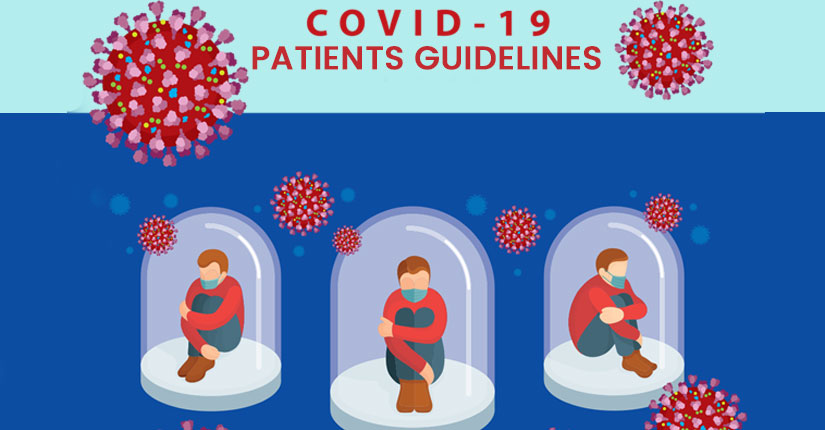How Your Dietary Choices Impact the Environment
By Nmami Agarwal 05-Jun 2020 Reading Time: 5 Mins

Human beings have been dependent on the environment for nearly all their immediate needs. Since the Old Stone Age, humans have derived all the necessities for their survival. It started with using stones to make fire and after that, there was no going back. So, understanding human survival without involving the environment isn’t the best way to approach this topic. Starting from the very basic to the most complex requirements, our environment has catered to all our needs.
Along with other requisites such as shelter, air, and water, food is an essential element too. Earlier men used to hunt jungles and forests to meet their food requirements. The situation hasn’t changed even now, but it has surely upgraded. The arrival of technology in our lives has simplified our lives. Everything is just a click away. The agricultural industry is producing tons of goods every day to fulfill our food demands. We walk into lavish and fancy restaurants to try out savory cuisines. While enjoying our comfortable and rewarding lifestyles, have we ever pondered how our environment is deteriorating each day with the choices that we make? The answer is no.
The food and agricultural industry are the fastest growing industries that are affected by the growing population. These industries emit harmful gases that are a leading cause of global warming. This exponentially degrades the quality of the environment. The food choices that we make have a direct and rather a drastic effect on the earth.
When you choose to eat highly processed food, you are straining the machines to do extra work. Processed food requires increased production processes which means high levels of energy are required. A huge amount of energy is consumed in producing highly processed foods. This contributes to global warming and pollution. Foods that are high on the food chain demand more chemicals, water, and energy for its production. Meat from animals has a large carbon footprint as methane gas (global warming gas) is released from animal digestion and manure.
It is your food preferences and choices that either contributes to the emission of harmful and toxic gases or promotes and benefits the environment. To preserve resources and reduce global warming, we need to start making better food choices.
Here is what you can do to help the environment and the agricultural sector:
- Switch to a plant-based diet, as much as you can. Eat more fruits, vegetables, grains, and legumes. Eating a bowl of vegetables instead of a mutton burgerwill significantly reduce your carbon footprint.
- Avoid eating highly processed and packaged foods as its production requires a lot of energy.
- Reduce your meat consumption. It has a huge impact on the environment as methane gas is released.
- Look out for organic food, free from fertilizers and pesticides.
- Purchase your food from local vendors. It is grown locally and reduces transportation energy.
- Watch your waste. Cook the right amount of food and avoid producing large amounts of waste.
Footnote
The young generation is becoming more aware of their food choices and switching to organic foods. Veganism is rapidly growing and people are trying to adapt to a vegan diet. Small changes in your food habits can substantially benefit the environment.





















